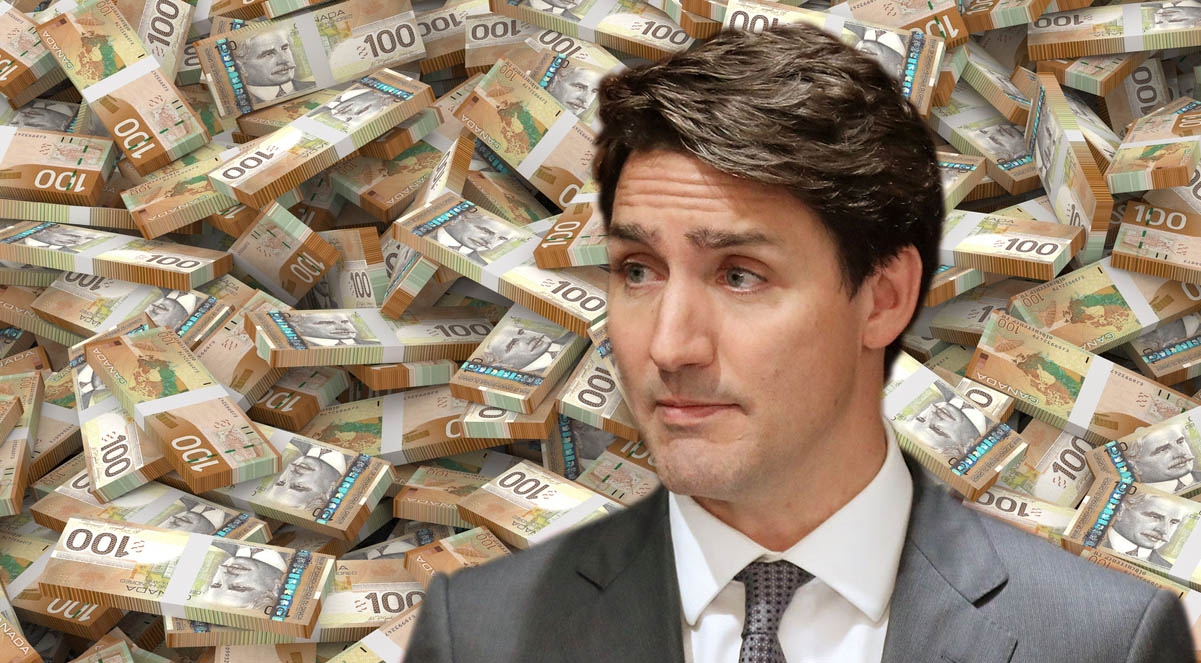
Montreal Economic Institute Says Trudeau Taxes Since 2015 Are Damaging the Economy
A study released today by the Montreal Economic Institute (MEI) sheds light on the detrimental effects of income tax increases in Canada since the Trudeau government was elected in 2015. The MEI is an independent public policy think tank with offices in Montreal and Calgary. Through its publications, media appearances, and advisory services to policymakers, the MEI stimulates public policy debate and reforms based on sound economics and entrepreneurship.
According to the study, tax hikes by the Trudeau government have hindered the establishment of thousands of new businesses, resulting in negative consequences for employment, innovation, and productivity across the country. Emmanuelle B. Faubert, an economist at the MEI and the study’s author, points out that “the greedier the government gets, the less money individuals have left to finance their projects,” adding, “the result is that thousands of potential entrepreneurs have to delay their business ventures, which negatively effects employment, innovation, and productivity.”
The study reveals a direct correlation between the top marginal income tax rate and the rate at which new businesses are created. For each one percentage point increase in the top marginal income tax rate, the business entry rate decreases by 0.21 percentage points. This nationwide trend translates to a substantial reduction in business formation, with 2,455 fewer businesses established for every point of tax increase.
Faubert’s results reveal that since 2015, both federal and provincial governments have adjusted top tax rates. These changes have collectively prevented the creation of an estimated 12,195 businesses, as calculated by the study. The most significant contributor to this decline was the Trudeau government’s decision to raise the top marginal income tax rate by four percentage points in 2015, resulting in the loss of 9,820 potential Canadian businesses.
Government Revenue vs. Potential Job Creators
In 2023, Ottawa anticipates collecting $2.88 billion from the increased top income tax rate. Remarkably, this figure is identical to the production subsidies pledged to Volkswagen and Stellantis by the federal and Ontario governments, amounting to $2.82 billion annually over a ten-year period. Emphasizing the opportunity cost of this choice, Faubert highlights that Ottawa could have fostered the creation of 9,820 more start-up businesses if the funds had been retained in taxpayers pockets instead.
The MEI study underscores the significant impact of income tax increases on entrepreneurship and business creation in Canada. Ms. Faubert suggests that prioritizing tax policies that encourage entrepreneurship and job creation, the government can drive economic growth and prosperity. “The choice between subsidizing large corporations and supporting a flourishing entrepreneurial ecosystem should be a straightforward one,” says Faubert.
The full MEI study can be accessed here.










